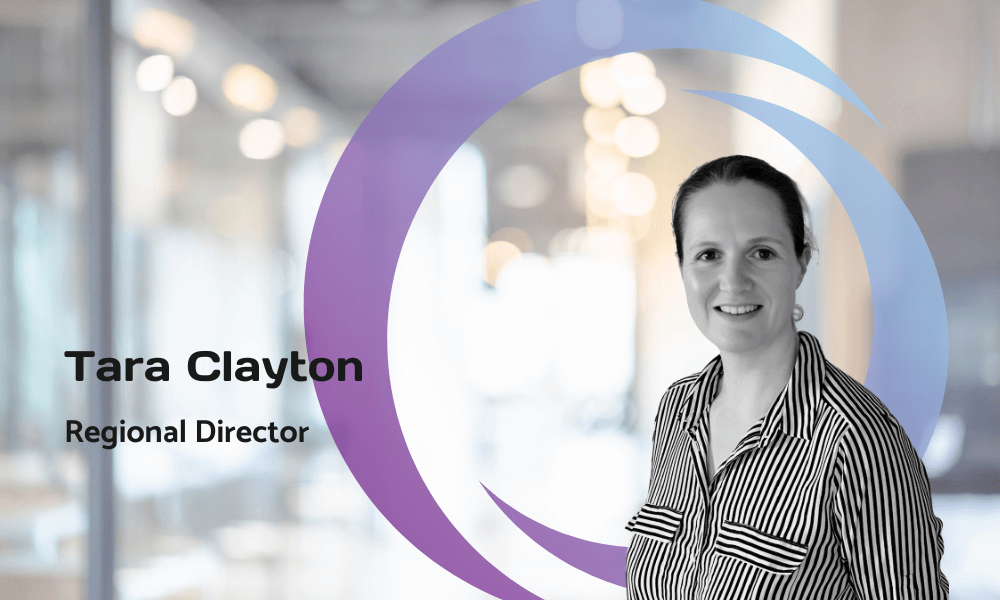
Navigating the Complexity of CHC Funding: Why Local Authorities Need Expert Support
The NHS Continuing Healthcare (CHC) funding process is a lifeline for individuals with significant, ongoing health needs.It ensures that those eligible receive fully funded care, covering everything from residential care to complex medical support. However, for local authorities and Integrated Care Boards (ICBs), navigating the assessment and appeals process can be a resource-intensive and complex challenge.
The sheer volume of cases, coupled with the need for precise clinical assessments, means that local authorities are often stretched thin.
The sheer volume of cases, coupled with the need for precise clinical assessments, means that local authorities are often stretched thin. Delays, disputes, and backlogs can lead to inefficiencies, financial strain, and, most importantly, individuals not receiving the care they require in a timely manner. This is where specialist professionals, provided by Equinox, come in—bringing expertise, efficiency, and cost savings to the CHC assessment process.
The Challenges of the CHC Process
Local authorities and ICBs must adhere to stringent national frameworks when assessing CHC eligibility. This involves multidisciplinary assessments, clinical evaluations, and legal considerations. Common challenges include:
- High caseloads and backlogs – With increasing demand for CHC assessments, local teams may struggle to process applications swiftly, leading to unnecessary delays.
- Complex eligibility criteria – The Decision Support Tool (DST) used to assess CHC eligibility requires expert input from healthcare professionals, ensuring clinical accuracy and fairness.
- Appeals and legal disputes – When funding is denied, individuals have the right to challenge the decision, requiring robust case reviews and legal expertise.
- Workforce shortages – Recruiting and retaining skilled professionals to conduct assessments and manage appeals is an ongoing challenge for local authorities.
Without the right expertise in place, these challenges can result in inconsistencies, increased legal risks, and higher costs for local authorities.
How Equinox Helps: Specialist Support for CHC Assessments and Appeals
At Equinox, we provide highly skilled professionals who work alongside ICBs and local authorities to streamline the CHC process. Our team includes:
- Nurse Assessors – Experts in leading the assessment process, gathering clinical evidence, and ensuring compliance with NHS frameworks.
- Social Workers – Providing insights into individuals’ personal, emotional, and social needs to support a holistic assessment.
- Therapists (Occupational, Physiotherapists, Speech & Language, and Mental Health Specialists) – Offering specialist evaluations of cognitive and physical health.
- CHC Coordinators – Managing the assessment process, ensuring efficiency and compliance.
- Advocates and Legal Specialists – Assisting with appeals, dispute resolution, and ensuring fair outcomes for all parties involved.
By integrating these experts into local authority teams, Equinox ensures that CHC assessments are conducted swiftly, thoroughly, and in full compliance with national guidelines.
The Financial and Operational Benefits of Expert Support
Bringing in Equinox professionals is not just about filling gaps—it’s about delivering tangible benefits that improve both efficiency and cost-effectiveness. Here’s how:
- Reduced Backlogs and Faster Processing – Skilled professionals work through high caseloads efficiently, ensuring assessments are completed without unnecessary delays.
- Improved Accuracy and Compliance – With expert oversight, assessments align with national frameworks, reducing errors and legal challenges.
- Cost Savings for Local Authorities – Avoiding unnecessary appeals, legal disputes, and delays translates to significant financial savings over time.
- Better Outcomes for Individuals – Faster decisions mean that those in need receive the care they require without prolonged uncertainty.
Ensuring Fair and Transparent CHC Decisions
Fairness and transparency are at the heart of the CHC process. Equinox professionals ensure that every case is assessed based on clinical evidence, individual needs, and national eligibility criteria. By working collaboratively with local authorities, ICBs, and care providers, we help to establish a system where funding decisions are justified, appeals are handled effectively, and individuals receive the support they deserve.
Partner with Equinox to Strengthen Your CHC Process
Managing CHC assessments and appeals doesn’t have to be an overwhelming challenge. With Equinox, local authorities can access a team of experienced professionals who bring expertise, efficiency, and financial savings to the process.
If your organisation is facing workforce shortages, backlog issues, or complex case reviews, our specialists are ready to support you. Contact us today to learn how we can enhance your CHC assessment process and ensure fair, timely, and cost-effective decisions for those who need it most.







